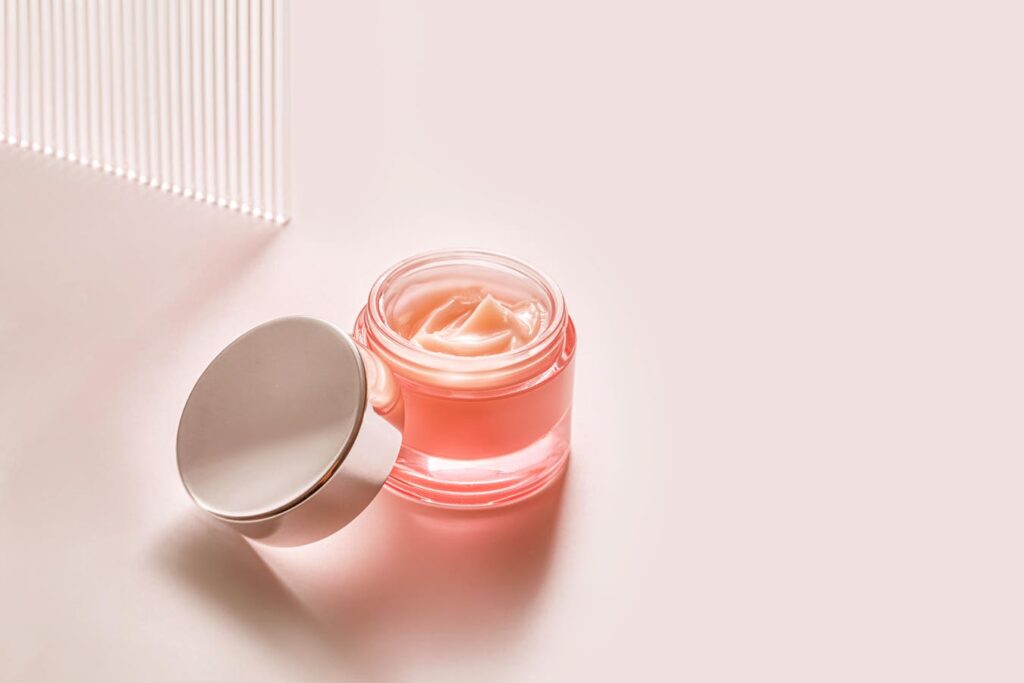Dr. Lara Devgan is a renowned plastic surgeon and the founder of luxury medical-grade skincare line, Dr. Devgan Scientific Beauty.
The skincare industry is a crowded, multibillion-dollar marketplace where the promise of transformation often overshadows the science required to deliver it. With new brands emerging daily, celebrity endorsements dominating the narrative, and marketing claims becoming increasingly hyperbolic, standing out as a true industry leader requires more than innovative packaging or a catchy tagline. Genuine authority in skincare stems from a foundation of expertise, clinical product efficacy, ingredient science and an unwavering commitment to authenticity.
Building a skincare brand that not only resonates with consumers but also earns the respect of dermatologists, aestheticians and industry experts demands a strategy rooted in substance. As someone who has navigated this path both as a plastic surgeon and a skincare founder, I understand the delicate balance between leveraging scientific authority and creating products that inspire trust and loyalty. This article explores the principles and strategies necessary to become a leader in the skincare space, not only from a scientific and clinical perspective but also through the lens of business innovation.
The Foundation: Expertise And Credibility
In an industry rife with pseudoscience, expertise is the bedrock upon which true leadership is built. For those entering the skincare space, it’s not enough to simply claim authority; credibility must be earned through years of education, clinical practice or scientific research.
As a board-certified plastic surgeon, my knowledge is grounded in understanding the skin as both an aesthetic canvas and a functional organ. This expertise informs every decision I make as a founder, from selecting ingredients to formulating products. Consumers today are savvier than ever and can discern between genuine authority and superficial claims. Skincare founders with a clinical background or direct experience with patients have a unique advantage, as they are able to translate that real-world insight into solutions that address tangible needs.
For those without a medical or scientific background, building expertise can mean collaborating with dermatologists, chemists and researchers to ensure product integrity. Transparency about these partnerships signals to consumers that your brand values evidence over marketing spin—a critical factor in cultivating trust.
The Science Of Clinical Efficacy
Leadership in skincare demands more than creating products that simply feel good on the skin. True efficacy comes from rigorous testing, research-backed ingredients and a commitment to innovation.
Clinical studies are the gold standard in demonstrating a product’s effectiveness. While not every brand has the resources for large-scale trials, I’ve found that investing in independent studies or third-party testing is crucial. These efforts provide data to substantiate claims and differentiate products in a marketplace where hyperbole is often the norm. For instance, instead of claiming that a serum “reduces wrinkles,” brands with clinical data can confidently state that their product is “proven to reduce the appearance of fine lines by 45% in eight weeks.” Numbers build trust.
Equally important is ingredient transparency. Today’s consumers are highly informed, often researching ingredients before making a purchase. Leaders in skincare must stay ahead of the curve, identifying emerging actives like peptides, ceramides and growth factors while ensuring formulations are safe, effective and backed by research. Clean beauty remains a significant trend, but it’s essential to balance consumer demand for “clean” products with formulations that deliver clinical results.
Innovation also plays a critical role in maintaining industry leadership. Whether through advancements in delivery systems, such as encapsulation technology for time-released actives, or the use of AI to personalize skincare, staying at the forefront of scientific progress ensures relevance in a fast-evolving market.
Building Genuine Authority In Business
From a business perspective, becoming a leader in skincare requires more than just science—it demands the ability to communicate your expertise effectively while fostering trust and loyalty. This begins with authenticity.
Modern consumers crave a personal connection with the brands they support. Founders who are willing to step into the spotlight, share their story and explain the science behind their products often create a more compelling narrative than faceless corporations. For me, this means leveraging my background as a surgeon to offer insights into how the skin ages, how treatments work and how my products can support overall skin health. Authenticity is an asset; it helps distinguish leaders from trend-chasers.
Equally important is accessibility. While luxury skincare often commands higher price points, affordability and inclusivity are becoming key factors in building a sustainable brand. Skincare leaders should strike a balance—offering effective solutions at various price points to ensure broader access without diluting their brand identity.
The Power Of Differentiation
Skincare is as much a business of storytelling as it is of science. Differentiating your brand requires not only creating outstanding products but also crafting a narrative that resonates with your target audience.
Start by defining your core mission. Is your brand focused on sustainability, inclusivity or solving specific skin concerns? A clearly articulated mission not only differentiates your brand but also creates alignment with consumers who share your values.
For example, if your brand emphasizes sustainability, this should extend beyond recyclable packaging to include sourcing ethically produced ingredients, offsetting your carbon footprint and prioritizing refillable options. Similarly, if your focus is inclusivity, formulations should cater to a wide range of skin tones and types, ensuring that all consumers feel represented.
Differentiation also means excelling in customer experience. Personalized skincare consultations, direct engagement via social media and educational content that empowers consumers can elevate your brand from a product provider to a trusted partner.
The Long Game: Staying Relevant
True industry leaders understand that success in skincare is not a sprint but a marathon. The most impactful brands are generally those that adapt to changing consumer needs, embrace innovation and consistently deliver value over time.
Resilience in this space also requires a willingness to learn from failure. Not every product will succeed, and not every campaign will resonate. The key is to approach challenges with a mindset of continuous improvement, refining both formulations and strategies based on consumer feedback.
Finally, maintaining relevance means staying attuned to broader cultural shifts. As conversations around aging, diversity and wellness evolve, brands that actively listen and respond to these dialogues will likely remain ahead of the curve.
Forbes Business Council is the foremost growth and networking organization for business owners and leaders. Do I qualify?
Read the full article here











